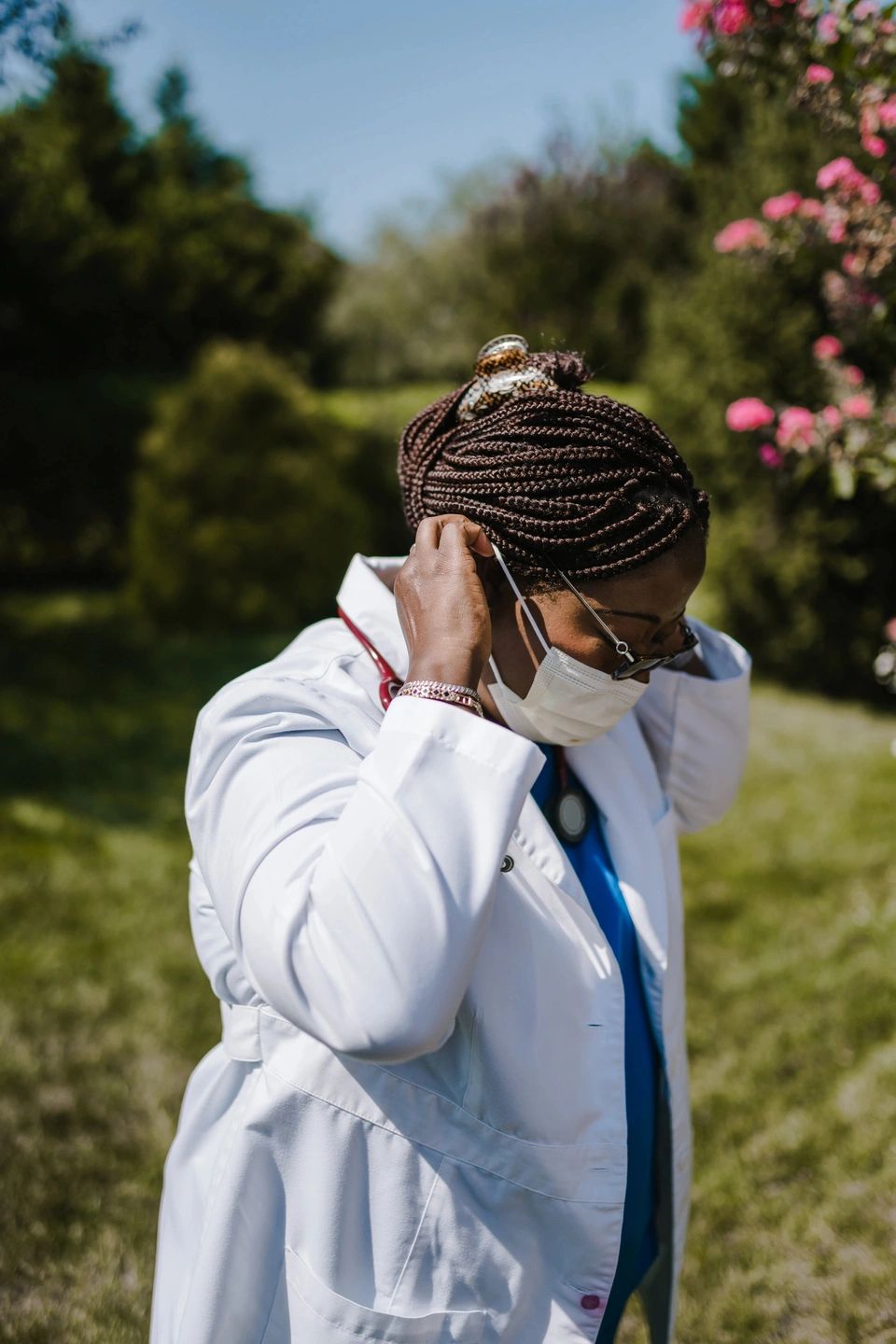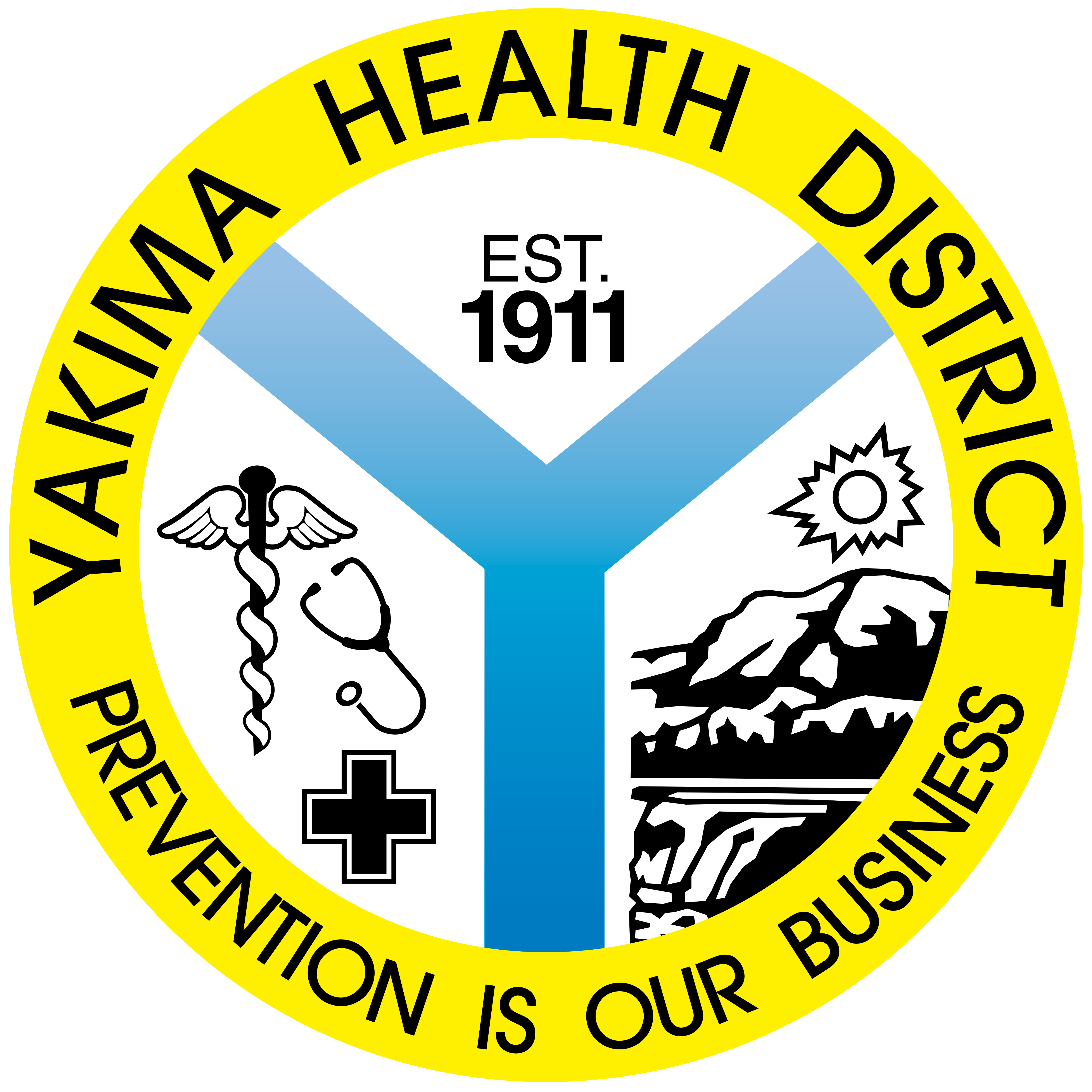
Requested actions
- Do not administer or prescribe Ivermectin for prevention or treatment of COVID-19. The Centers for Disease Control and Prevention (CDC) issued a health alert about the rapid increase in Ivermectin prescriptions and report of severe illness associated with the use of Ivermectin to prevent or treat COVID-19. The evidence suggesting Ivermectin is safe or effective at treating or preventing COVID-19 is of very low- to low-certainty.
- Be aware, Washington State Department of Health (DOH) has not changed its clinical recommendations for monoclonal antibodies.
- Be aware, on Aug. 30, following full Food and Drug Administration (FDA) licensure, the Advisory Committee on Immunization Practices (ACIP) recommended Pfizer-BioNTech COVID-19 vaccine for people 16 years and older. Pfizer-BioNTech is now called Comirnaty (koe-mir’-na-tee). Pfizer-BioNTech COVID-19 vaccine continues to be available to people 12-15 years old and people who are moderately to severely immunocompromised through emergency use authorization (EUA).
- Be aware, all state employees and workers in healthcare and long-term care settings must be fully vaccinated against COVID-19 by Oct. 18.
Background
Third dose and booster dose updates
On Aug. 13, the FDA authorized a third dose of the two mRNA vaccines (Pfizer and Moderna) for individuals with moderate to severe immunocompromise. Currently, only this group should be considered for a third vaccine dose. CDC has made no announcement about a potential second dose of Johnson & Johnson (J&J) COVID-19 vaccine for immunocompromised people and its EUA does not cover additional doses.
Similarly, though the CDC has mentioned the possibility of booster doses of all three authorized COVID-19 vaccines, they have not issued formal approval. When CDC releases formal guidelines for booster doses, we will send a health advisory with instructions.
Full authorization for Pfizer-BioNTech COVID-19 vaccine
The FDA granted full authorization for Pfizer-BioNTech COVID-19 vaccine for people 16 years or older. Pfizer-BioNTech will now be referred to as Comirnaty (koe-mir’-na-tee). Pfizer-BioNTech COVID-19 vaccine continues to be available to people 12-15 years old and to people who are moderately to severely immunocompromised through EUA. Pfizer-BioNTech COVID-19 vaccine and the FDA-approved Comirnaty COVID-19 vaccine have the same formulation and can be used interchangeably. We will share the Vaccine Information Sheet for Comirnaty as soon as it becomes available.
Full authorization grants the ability for providers to prescribe the vaccine off-label. The American Academy of Pediatrics (AAP) released a statement on Aug. 23 discouraging providers to prescribe the vaccine for children under 12. “The clinical trials for the COVID-19 vaccine in children ages 11 years old and younger are underway, and we need to see the data from those studies before we give this vaccine to younger children. The dose may be different for younger ages. The AAP recommends against giving the vaccine to children under 12 until authorized by the FDA.” Administration of the product off-label may not be covered under the PREP Act or the PREP Act declaration; therefore, providers may not have immunity from claims.
Johnson & Johnson vaccine shortage
Manufacturing problems have led to a transient shortage in the single dose J&J vaccine. There is a limited supply available for enrolled providers in the state. You can now order up to 200 doses of this vaccine each week.
New variant of interest in Washington
The new Mu variant of SARS-CoV-2 is now present in 49 states, including Washington. Mu infections were responsible for 0.41% of positive tests genotyped in Washington in August. The basic science on Mu is still incomplete, but we currently believe it is more deadly but less contagious than the dominant Delta strain. We currently do not have enough evidence to compare the relative efficacy of vaccination in preventing disease from the Mu variant.
Vaccine efficacy versus Delta variant
A new CDC report compared the efficacy of SARS-CoV-2 vaccination over the period when Delta became the dominant strain versus the period prior to its ascendance. In the pre-Delta period (April 4–June 19), only 5% of cases, 7% of hospitalizations and 8% of deaths were in fully vaccinated individuals. There was an average of 37% vaccination coverage during this period.
In the period where Delta represented over 50% of cases, 18% of cases, 14% of hospitalizations, and 16% of deaths were in fully vaccinated individuals. There was an average of 53% vaccination coverage during this period.
The dominance of the Delta strain has been accompanied by a drop in the incidence rate ratio (IRR) for hospitalization among vaccinated individuals from 13.3 to 10.4 and a drop in IRR for risk of death from 16.6 to 11.3. It is not clear from this analysis how much of this change was due to the different dynamics of Delta spread and how much was due to waning immunity from vaccination. Regardless, we still see the risk of hospitalization and death reduced by a factor of greater than 10 in fully vaccinated individuals compared to the unvaccinated population.
COVID-19 treatment
On Aug. 26, CDC issued a health alert about the rapid increase in Ivermectin prescriptions and report of severe illness associated with the use of Ivermectin to prevent or treat COVID-19. CDC has observed a sharp increase in prescriptions and attempts to obtain veterinary doses of Ivermectin to prevent or treat COVID-19. Poison control centers have experienced a 5-fold increase in calls related to Ivermectin toxicity. Ivermectin is not authorized for treating COVID-19. The evidence suggesting ivermectin is safe or effective at treating or preventing COVID-19 is insufficient. Available reliable evidence does not support the use of ivermectin to treat or prevent COVID-19 outside of well-designed randomized trials.
Monoclonal antibody treatment is available through EUA to people in Washington who are 12 years or older and weigh at least 39 kg and are at high risk for progressing to severe COVID-19 or hospitalization. Monoclonal antibodies are laboratory-made proteins that bind to the spike protein of SARS-COV-2 and block the virus’ attachment and entry into human cells. Research demonstrating the benefits of monoclonal antibodies for treatment of COVID-19 is growing.
On Sept. 13, the United States Department of Health and Human Services (HHS) transitioned back to a state-/territory-coordinated distribution system due to a spike in demand for monoclonal antibody products. Each state or territory will receive a weekly allotment of doses, and health officials will distribute them in their jurisdictions. This distribution change covers all four of the available monoclonal antibody products. Until further notice, administration sites will no longer be able to order directly from the distributor.
To order monoclonal antibodies, send your request form to mcm@doh.wa.gov on Wednesdays by 9 pm. Orders will be confirmed by WA Dept. of Health by the end of the week.
When supplies are no longer short, direct ordering of monoclonal antibodies will resume. For more information on this transition, visit the Public Health Emergency (PHE) website. We will provide more information as we learn more about this transition. Email the HHS Therapeutics Team at COVID19Therapeutics@hhs.gov for support during this transition.
During the COVID-19 public health emergency, Medicare will cover the cost of infusions. Healthcare providers administering monoclonal antibody products in Washington are required to follow the manufacturer and EUA guidance:
Additional information
- Monoclonal antibody playbooks (with updated post-exposure prophylaxis).
- Resources for clinicians.
- Administering monoclonal antibodies at your facility.
- Emergency use authorizations for monoclonal antibodies.
- Communication resources.
- COVID-19 treatment guidelines, The National Institutes of Health.
COVID-19 vaccine resources
- EUA fact sheets for recipients and caregivers:
- COVID-19 vaccine locator, DOH.
- COVID-19 vaccine for providers
- COVID-19 vaccine provider toolkit and resources, DOH.
- COVID-19 vaccination for providers, CDC.
- Clinical considerations for COVID-19 vaccination and guidance for managing anaphylaxis, CDC.
- COVID-19 vaccine quick reference guide for healthcare professionals, CDC.
- COVID-19 vaccine training module on best practices for providers, CDC.
- Association of J&J with thrombotic thrombocytopenia after vaccination:
- J&J vaccine health alert, CDC.
- Vaccine-induced immune thrombotic thrombocytopenia frequently asked questions, American Society of Hematology (ASH).
- Diagnosis and management of vaccine-induced immune thrombotic thrombocytopenia webinar, ASH and CDC.
- April 15, 2021 Clinician Outreach and Communication Activity (COCA) call: J&J COVID-19 vaccine and cerebral venous sinus thrombosis with thrombocytopenia update for clinicians on early detection and treatment, CDC.
- Association of mRNA vaccines with myocarditis and pericarditis after vaccination:
- Information for healthcare providers: myocarditis and mRNA vaccines, DOH
- Follow-up of patients with myocarditis, consult recommendations, American Heart Association and the American College of Cardiology.
- Clinical considerations: Myocarditis and pericarditis after receipt of mRNA COVID-19 vaccines among adolescents and young adults, CDC.
- Overview of myocarditis and pericarditis, ACIP COVID-19 Vaccines Work Group, June 23, 2021, CDC.
- COVID-19 subcommittee of the World Health Organization (WHO) Global Advisory Committee on Vaccine Safety (GACVS) reviews cases of mild myocarditis reported with COVID-19 mRNA vaccines, WHO news release, May 26, 2021.
- Myocarditis and pericarditis following mRNA COVID-19 vaccination, CDC.
- Selected adverse events reported after COVID-19 vaccination, CDC.
- Myocarditis and pericarditis resources for the public, CDC.
COVID-19 testing
Abbott Laboratories extended all BinaxNOW tests’ shelf life to 12 months. See Abbott’s BinaxNOW COVID-19 ag card product expiry update for new expiration dates by lot number.
COVID-19 test processing
Labs report varying amounts of time to process COVID-19 tests. To support faster turnaround, we encourage providers to use in-state labs. The table below shows COVID-19 test processing times for in-state private labs.
| LAB | TIME TO PROCESS TEST | TESTS PROCESSED DAILY |
|---|---|---|
| FidaLab | 24-72 hours | 800-1,200 |
| Kaiser | 24-72 hours | 800-1,000 |
| LabCorp | 24-48 hours | Unknown |
| Northwest Pathology | 24-48 hours | 20,000 |
| Quest | 24-48 hours | 1,300 |
| UW Virology | 24-48 hours | 7,000-9,000 |
| Atlas Genomic | 24-48 hours | 10,000 |
Patient education
Share the following materials with patients.
- What to do if you have COVID-19.
- What to do if you may have been exposed to COVID-19.
- What to do if you have COVID-19 symptoms and have not been tested or exposed.
